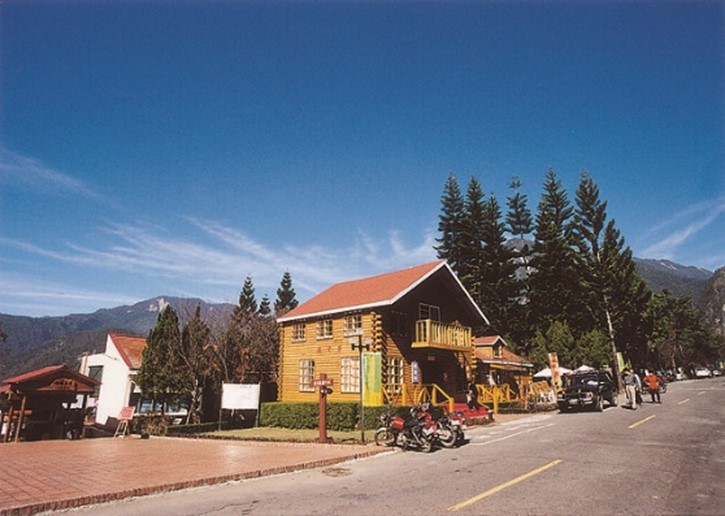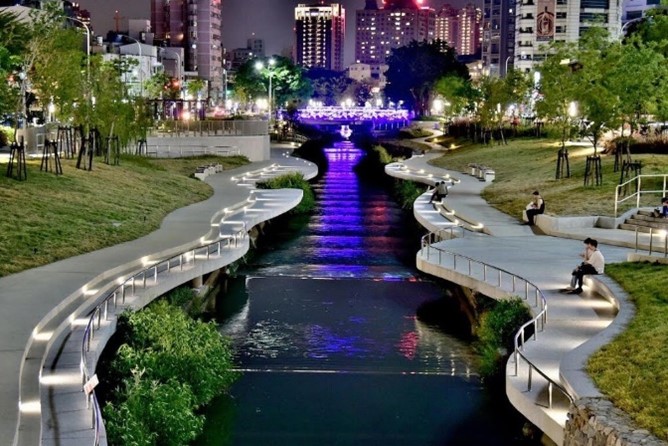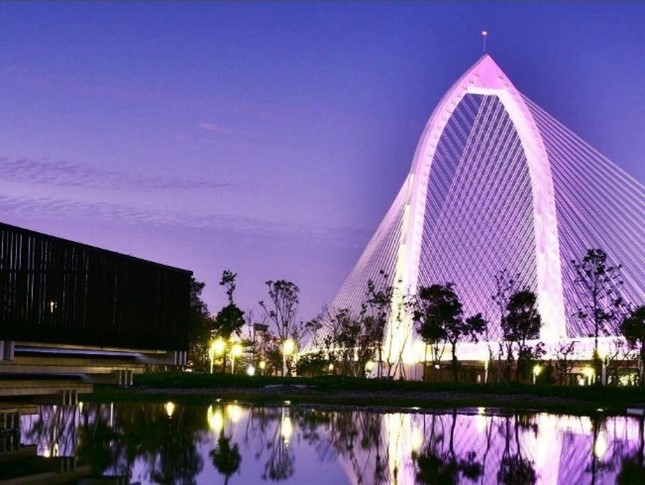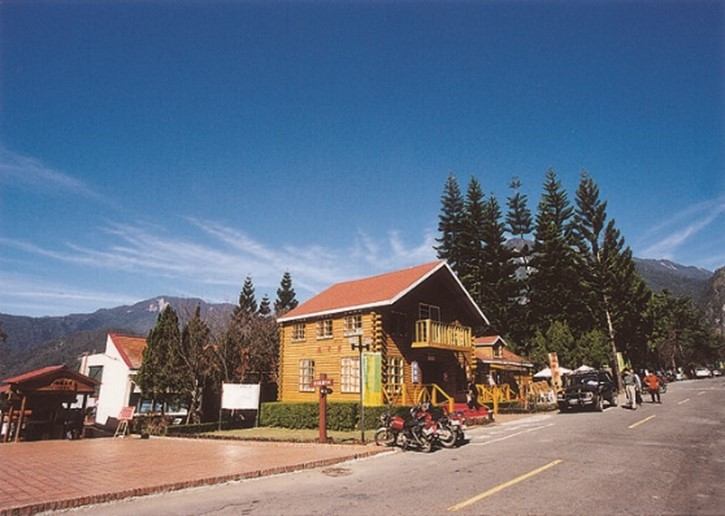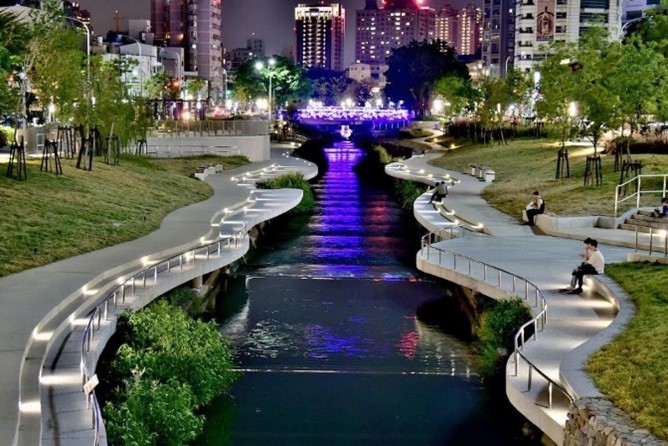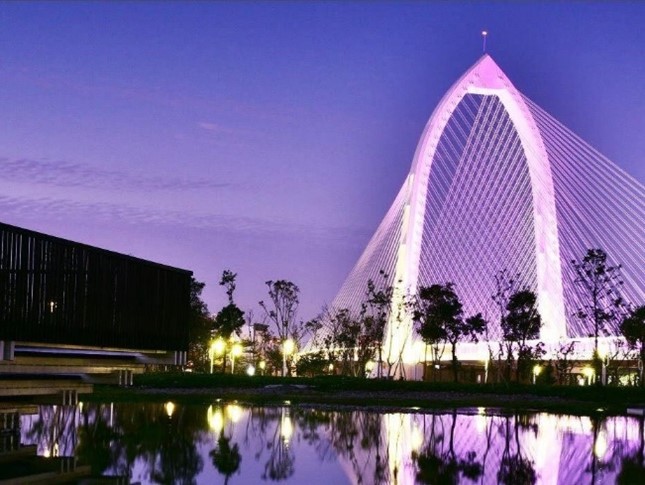Letters from HUAP (until 2024)
Dr. Suefong Lin
I was appointed as an Ambassador in 2019 with the kind support of the Hokkaido University’s Institutes for International Collaboration, and I felt responsible for activities appropriate to my status as an Ambassador. I wanted to introduce Hokkaido University to young people in Taiwan to motivate them to study abroad, and at the same time, to provide support to Hokkaido University-related parties who are staying in Taiwan.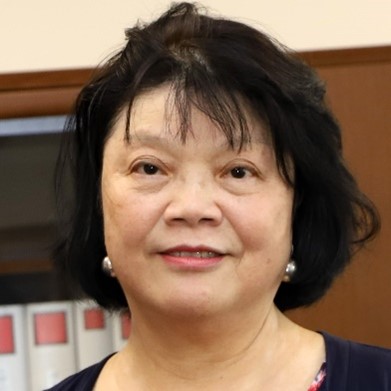
However, due to the COVID-19 outbreak, I have not been able to do much as an Ambassador. In June 2019, before the COVID-19 disaster, there was a gathering of Ambassadors and a dinner meeting between ambassadors from different countries and international students from the same countries was arranged by the department in charge of international relations of Hokkaido University. There, we learned about the problems that the international students were facing and were able to discuss solutions with the executives of the Hokkaido University Taiwan Alumni Association. I think this exchange event between Ambassadors and international students was very much appreciated.
At my university, the faculty, staff, and students are required to take and record their body temperature immediately after entering the campus and are encouraged to manage their own health. In addition, off-campus visitors are required to pass through a thermometer located at the main gate of the university, and only those with normal body temperatures are allowed to enter the university. In spite of this situation, I would like to promote Hokkaido University at universities in Taiwan as much as possible and give advice to students who are interested in studying at Hokkaido University.
I live in Taichung City, which is said to have the best weather in Taiwan. I have always wanted to experience life in the North, and I decided to ignore the concerns of my parents and friends and came to Sapporo to study at Hokkaido University. One of the reasons was the climate. I felt that the four seasons in Taichung City do not change much and the city is always green—making it in some ways less interesting and less enjoyable than Sapporo, which has four distinct seasons. I had never seen snow before coming to study in Japan, so when I saw snow for the first time, I thought I was dreaming.
Taichung City is located in the center of western Taiwan and has been praised as a “cultural castle” or “little Kyoto” for many decades because of its fine weather and the comfortable lifestyle of its citizens. My alma mater, National Chung Hsing University*, is the only national university in Taichung City. The relationship between National Chung Hsing University and Hokkaido University is very close, although I was unaware of this fact during my study at Hokkaido University in 1989. The predecessor of National Chung Hsing University was the Government-General of Taiwan’s Advanced Academy of Agronomy and Forestry, established in 1919 during the Japanese colonial period (renamed Government-General of Taiwan’s Taichung Advanced Academy of Agronomy and Forestry in 1944). The largest of the four affiliated forests was the Hokkaido Imperial University Experiment Forest. With its beautiful scenery, National Chung Hsing University and its affiliated forests have become popular tourist attractions, especially the Huisun experimental forest station, which is now open to the public with lodging facilities and coffee shops, and is very popular with Taiwanese people for its fresh air and scenic beauty.
In any era, the ambitions of young people are the driving force of social progress, so I believe that Dr. Clark’s phrase “Boys, be ambitious” will remain important for the members of Hokkaido University.
*University reform in Taiwan resulted in the Taipei Campus of the National Chung Hsing University, including the College of Law and Business becoming independent in 2000 and becoming the current National Taipei University. Later, the National Chung Hsing University in Taichung City added the College of Law and Politics and established the Department of Law.
- College of Law and Politics, National Chung Hsing University (Social Science and Management Building). (Photo: Wang Yung-chi, provided by College of Law and Politics, National Chung Hsing University)
- Huisun Experimental Forest Station. (provided by Gallery of University History, National Chung Hsing University)
- Taichung Yanagawa Waterway. (provided by: Tourism Bureau, MOTC, Taiwan)
- Taichung Central Park. (provided by: Tourism Bureau, MOTC, Taiwan)
私は、北海道大学国際連携機構のご厚意を受けて2019年にアンバサダーに就任し、アンバサダーという身分に相応しい活動をしなければならないと責任を感じました。北大を台湾の若者たちに紹介して留学意欲を高めさせ、同時に、台湾に滞在する北大関係者へのサポートに力を入れていこうと考えていました。
しかしながら、新型コロナウイルス流行のため、アンバサダーとしての活動はあまりできていません。コロナ禍前の2019年6月にアンバサダーの集いがあり、北大国際関係部署のアレンジで各国のアンバサダーと自国の留学生との食事会が開催されました。そこで留学生たちが抱えている問題を知り、北海道大学台湾同窓会の幹部と相談して解決方法を考えることができました。このアンバサダーと留学生との交流イベントは非常に評価できると思います。
私の大学では、教職員や学生は入構後すぐに体温を測って記録するように要求され、健康の自己管理をすすめられています。また、学外者は大学の正門に設置された体温測量機を通過し、体温が正常な者だけが入構できるようになっています。このような状況ですが、機会があればできる限り台湾の大学で北大のプロモーションをし、北大への留学願望のある学生に対してアドバイスをしたいと考えています。
私は、台湾で天気が最も良いと言われる台中市で生活しています。私は、人生の経験として北国で生活してみたいという願望があり、親や友人の心配を無視して札幌市にある北大への留学を決めました。その理由の一つが気候です。四季があまり変わらず、いつも緑がある台中市は、四季がはっきりしている札幌市と比べると、ある意味で面白くなくて楽しみが少ないと感じていました。留学する前は雪を見たことがなかったので、初めて雪を見たときは夢かと思いました。
台中市は台湾西部の真ん中にあり、天気が良く市民の生活が悠々自適なため、昔から文化城、あるいは小京都といった褒め言葉があります。私の母校である中興大学(※)は、台中市でただ一つの国立大学です。中興大学と北大の関係が非常に深いことは、1989年に北大に留学した時は全く知りませんでした。中興大学の前身は日本統治時代、1919年に設立した台湾総督府農林専門学校(1944年に台湾総督府台中農林専門学臺に改名)です。そして、その4つの付属林場の中、一番大きな惠蓀林場は北海道帝国大学の演習林でした。綺麗な風景で、今では中興大学やその付属惠蓀林場も人気の観光スポットになっています。特に惠蓀林場は、現在宿泊施設やコーヒーショップなどを対外に開放・営業し、空気と景色の良さで台湾人に大人気です。
どんな時代でも若者の大志が社会進歩の原動力ですので、クラーク博士の“Boys‚be ambitious.”はいつまでも北海道大学のメンバーに必要な言葉だと思っています。
(※)台湾の大学改革で2000年に法商学院が独立して現在の台北大学になりました。そして台中市にある中興大学本部は法政学院を増設し、法律学系が設立されました。
- 中興大学法制学院(撮影者:王永琦,提供元:中興大学法制学院)
- 惠蓀林場(提供元:国立中興大学校史館)
- 台中柳川景観歩道(提供元:台中市交通部観光局)
- 台中水湳中央公園(提供元:台中市交通部観光局)



